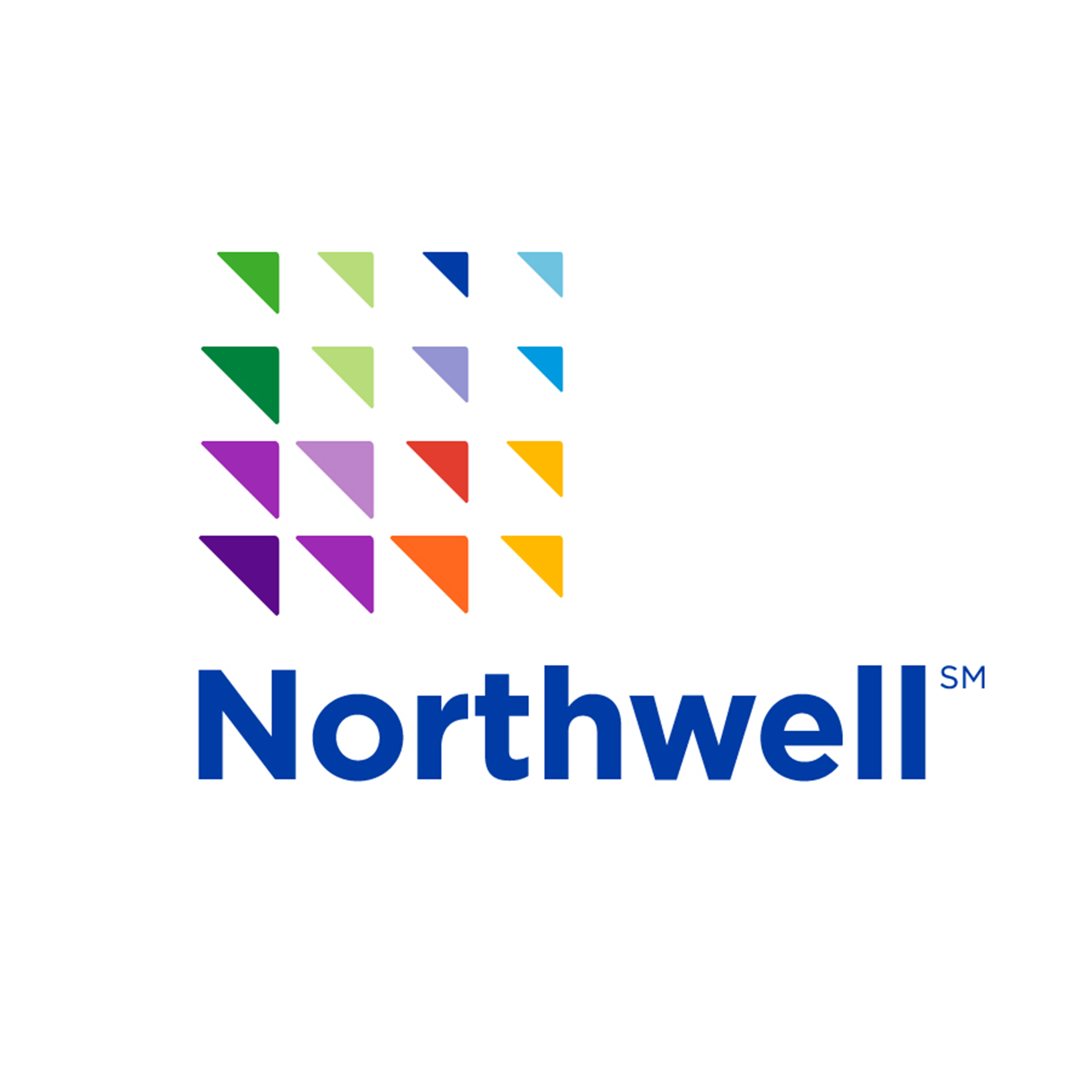In an era where consumers crave seamless online experiences, the demand for self-service solutions is higher than ever. The landscape is evolving, with customers seeking personalized recommendations, intuitive search capabilities, and intelligent chatbot interactions.
Recent surveys indicate that only 15 percent of consumers express high satisfaction with the self-service options provided by businesses today. The challenge is clear: meeting and exceeding consumer expectations in the realm of self-service.
Enter the era of intelligent virtual assistants and BrandGPT, a transformative AI architecture pioneered by innovative platforms like Knowbl. Instead of focusing on the brand, let’s delve into the broader trends reshaping the customer service landscape.
The paradigm shift toward self-service isn’t just about cost reduction for businesses; it’s about meeting evolving consumer expectations. As we navigate this dynamic landscape, it’s crucial for businesses to understand the key factors influencing the future of customer engagement.
Understanding the Self-Service Dilemma
Consumer dissatisfaction with current self-service options highlights the need for innovative solutions. Rather than solely promoting products, businesses should explore the untapped potential of leveraging AI to enhance customer experiences.
The Role of AI in Crafting Next-Level Experiences
Embracing a customer-centric approach, AI-powered virtual assistants are emerging as game-changers. These intelligent companions, trained on diverse brand content, offer clarity throughout the customer journey. Knowbl’s BrandGPT, for instance, transforms the customer experience by delivering intelligent responses tailored to each phase of the journey.
Addressing Chatbot Concerns
The pitfalls of irrelevant responses from chatbots are well-documented. Such as in a recent case where an AI assistant for a car dealership in California ended up pointing customers in the direction of their competitors. However, the solution lies in training AI models on the brand’s authentic content. By making the brand’s information fully accessible through AI, businesses can provide relevant self-service intelligence with speed, ease, and scalability.
Reducing Operational Costs and Boosting Revenue
The integration of AI, particularly platforms like Knowbl, isn’t merely a customer-centric strategy; it’s a strategic move that holds the potential to revolutionize a company’s operational landscape. Beyond the realm of enhancing customer satisfaction, the impact extends to the very core of business operations.
- Operational Efficiency Through Streamlined Setup:
Knowbl’s unique self-learning AI model is a game-changer in the realm of operational efficiency. Unlike traditional AI engines that often require months of intensive training, Knowbl’s approach is characterized by an effortless setup. The platform eliminates the steep learning curve, requiring only a data source such as a website URL or knowledge base. This not only accelerates the deployment of AI-powered solutions but also significantly reduces the associated operational costs.
- AI-Powered Conversational Solutions Across Channels:
Once trained, Knowbl provides AI-powered conversational solutions that seamlessly integrate across a brand’s digital channels. This comprehensive accessibility ensures that the benefits of AI-driven efficiency extend to various touchpoints of customer interaction. Whether it’s through a website, mobile app, or social media, the consistent and intelligent assistance enhances user experience, driving operational efficiency and reducing the need for extensive customer support teams.
- Strategic Cost Reductions Through Automated Processes:
The strategic implementation of AI, such as Knowbl’s BrandGPT, facilitates automated processes that contribute to significant cost reductions. By automating routine tasks and responses, businesses can redirect human resources towards more complex and value-driven activities. This not only optimizes the allocation of human capital but also generates cost savings by minimizing the need for extensive manual interventions in customer interactions.
- Scalability: A Path to Revenue Growth:
 Scalability is a pivotal aspect of Knowbl’s AI architecture. The ability to handle a growing volume of customer interactions without a proportional increase in resources positions businesses for scalable growth. As operational efficiency improves, the potential to accommodate a higher volume of transactions, inquiries, and engagements becomes a catalyst for revenue growth. The platform’s unlimited scalability ensures that businesses can adapt and thrive in dynamic market conditions.
Scalability is a pivotal aspect of Knowbl’s AI architecture. The ability to handle a growing volume of customer interactions without a proportional increase in resources positions businesses for scalable growth. As operational efficiency improves, the potential to accommodate a higher volume of transactions, inquiries, and engagements becomes a catalyst for revenue growth. The platform’s unlimited scalability ensures that businesses can adapt and thrive in dynamic market conditions.
In essence, the reduction of operational costs and the boost in revenue aren’t isolated outcomes of AI implementation; they are interconnected facets of a strategic transformation. Knowbl’s commitment to simplicity, accessibility, and scalability lays the foundation for businesses to not only meet but exceed their operational and revenue objectives through the efficient deployment of AI-driven solutions.
Mitigating Risks with Innovative Features
As businesses embark on the journey of integrating AI into their operations, it’s crucial to address and mitigate the associated risks effectively. Platforms across the industry are introducing innovative features to ensure a smooth and risk-free experience, making AI more accessible and adaptable to diverse business needs.
- Contextual Enhancement and Low-Code Accessibility:
To tackle the challenges often associated with generative AI, cutting-edge platforms are introducing features like contextual enhancement. These features automatically add context to a brand’s content, ensuring that AI interactions remain relevant and aligned with user expectations. Additionally, the rise of low-code options is reshaping the landscape, allowing teams without extensive coding abilities to deploy and manage AI assistants effectively. This democratization of AI empowers businesses to harness its potential without being hindered by technical limitations.
- Dynamic Content Updates and Gap Filling:
One of the evolving strengths of AI-driven virtual assistants lies in their adaptability. Innovative platforms recognize the importance of easy content updates and gap filling as users interact with AI assistants. Businesses can now seamlessly update content, refine responses, and fill knowledge gaps as they discover them. This dynamic approach ensures that the AI remains responsive and relevant, reflecting real-time changes in user needs and industry trends. The ability to refine and adapt AI models without extensive technical expertise promotes agility in response to evolving business requirements.
- Sandbox Testing for Risk-Free Deployment:
A critical aspect of risk mitigation is the introduction of sandbox testing features. Before AI solutions go live, businesses can leverage sandbox environments to test and fine-tune functionality. This allows teams to observe how the AI will perform in real-world scenarios, identify potential issues, and make necessary adjustments. The risk-free deployment approach ensures that businesses can confidently integrate AI into their operations without the fear of unforeseen complications.
- User-Friendly Interface for Seamless Interactions:
Innovation extends beyond the technical aspects of AI platforms; it encompasses user interfaces designed for seamlessinteractions. Platforms are prioritizing user-friendliness, ensuring that team members across various departments can easily engage with and manage AI assistants. This accessibility minimizes the learning curve associated with AI deployment, fostering a collaborative environment where non-technical stakeholders can contribute to the success of AI initiatives.

The landscape of AI risk mitigation is evolving, with a focus on accessibility, adaptability, and user-friendly interfaces. By leveraging features such as contextual enhancement, low-code accessibility, dynamic content updates, and Sandbox testing, businesses can navigate the AI landscape safely. These innovative approaches not only mitigate risks but also empower businesses to unlock the full potential of AI without the need for extensive technical expertise.
Empowering Customers to Discover, Learn, and Convert
In the decision-making process, consumers seek relevant information. Knowbl’s virtual assistant becomes an invaluable ally in helping customers discover, learn, and convert by tapping into the wealth of information available.
In conclusion, the future of customer engagement lies in harnessing the power of AI for self-service solutions. By understanding industry trends, businesses can position themselves as leaders in providing intelligent, customer-centric experiences.
Guest post written by Abby Nichols, Marketing at Knowbl.
To learn more about AI in self-service go to: www.knowbl.com
Knowbl provides a patented AI virtual concierge platform, optimized to be the fastest time to answer for inquiries and customer transactions. Our businessuser-friendly platform is simple and intuitive, enabling departments and businesses to give accurate support more efficiently and effectively.
Knowbl will be joining our Tech Forum at Customer Response Summit (CRS) in Tucson on Wednesday, March 13, 2024, to discuss Mastering the Lifelong Customer Conversation Across Channels in 2024 and Beyond. Learn more about CRS Tucson here.


























































































































 TELUS Digital
TELUS Digital ibex delivers innovative BPO, smart digital marketing, online acquisition technology, and end-to-end customer engagement solutions to help companies acquire, engage and retain customers. ibex leverages its diverse global team and industry-leading technology, including its AI-powered ibex Wave iX solutions suite, to drive superior CX for top brands across retail, e-commerce, healthcare, fintech, utilities and logistics.
ibex delivers innovative BPO, smart digital marketing, online acquisition technology, and end-to-end customer engagement solutions to help companies acquire, engage and retain customers. ibex leverages its diverse global team and industry-leading technology, including its AI-powered ibex Wave iX solutions suite, to drive superior CX for top brands across retail, e-commerce, healthcare, fintech, utilities and logistics.






















 Trista Miller
Trista Miller



























